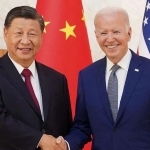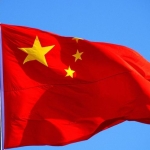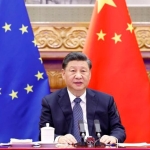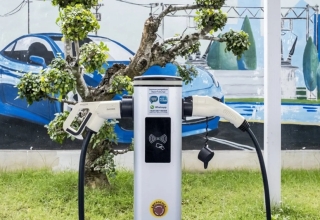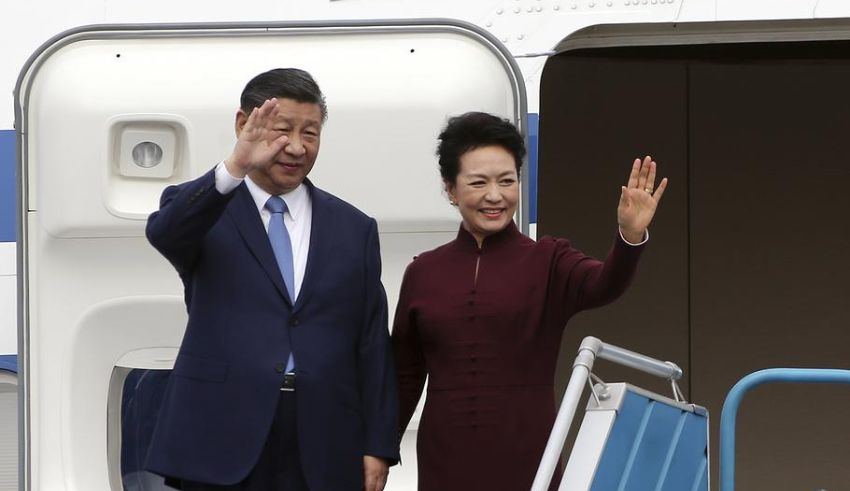
Last updated on December 14th, 2023 at 07:17 pm
Chinese President Xi Jinping arrived in Vietnam on Tuesday for a two-day visit, just days after US President Joe Biden wrapped up his historic trip to the Southeast Asian nation.
Xi’s visit, his first to Vietnam since 2017, is seen as a bid to reassure Hanoi of Beijing’s commitment to their “comprehensive strategic partnership” amid rising tensions in the South China Sea, where the two countries have overlapping territorial claims.
Xi was welcomed by Vietnamese President Nguyen Xuan Phuc at the presidential palace in Hanoi, where they held talks on bilateral and regional issues. They also witnessed the signing of several cooperation agreements on trade, investment, infrastructure, health, and culture.
In a joint statement, the two leaders reaffirmed their respect for each other’s sovereignty and territorial integrity, and agreed to “properly handle maritime issues” through dialogue and consultation. They also pledged to enhance cooperation on COVID-19 prevention and control, vaccine supply, and economic recovery.
Xi said China and Vietnam were “good neighbors, good friends, good comrades, and good partners” who shared a common destiny and strategic interests. He said China supported Vietnam’s development and integration into the region and the world, and hoped to deepen their cooperation in various fields.
Phuc said Vietnam valued its traditional friendship and comprehensive strategic partnership with China, and appreciated China’s support for its fight against the pandemic. He said Vietnam was ready to work with China to promote peace, stability, and prosperity in the region and the world.
US Relations Interfering
Xi’s visit to Vietnam came after Biden’s historic trip to the country last week, where he elevated the US-Vietnam relationship to a “comprehensive strategic partnership” and announced a series of deals on trade, security, and climate change.
Keep Reading
Biden said his visit to Vietnam was not about containing China, but rather was part of a broader effort to provide global stability by building US relationships throughout Asia at a time of tensions with Beijing.
Analysts say Xi’s visit to Vietnam was partly aimed at countering the US influence in the region, and partly at easing the friction between the two communist neighbors over the South China Sea dispute.
“China wants to show that it is still the dominant power in the region, and that it can maintain good relations with Vietnam despite their differences,” said Le Hong Hiep, a fellow at the ISEAS-Yusof Ishak Institute in Singapore¹.
He said China also wanted to prevent Vietnam from siding with the US and other countries that challenge its expansive claims in the disputed waters, where China has built artificial islands and military facilities.
“China knows that Vietnam is a key player in the South China Sea, and that it has a strong nationalist sentiment and a history of resisting foreign aggression. China does not want to push Vietnam too far and risk a confrontation,” he said.
However, he added that Xi’s visit was unlikely to resolve the fundamental differences between the two countries, and that Vietnam would continue to balance its relations with both China and the US.
“Vietnam has a consistent policy of diversifying its external relations and not relying on any single partner. Vietnam wants to have good relations with both China and the US, but also to protect its sovereignty and interests in the South China Sea,” he said.
